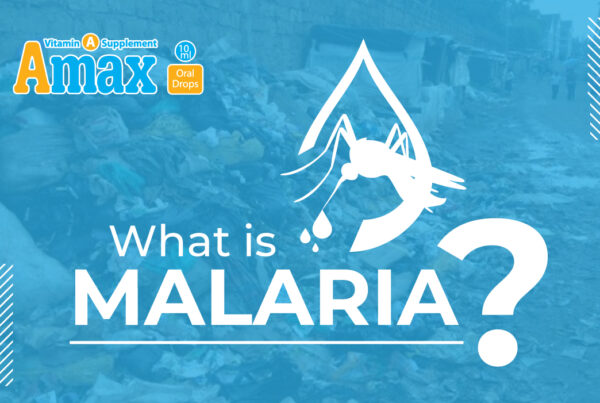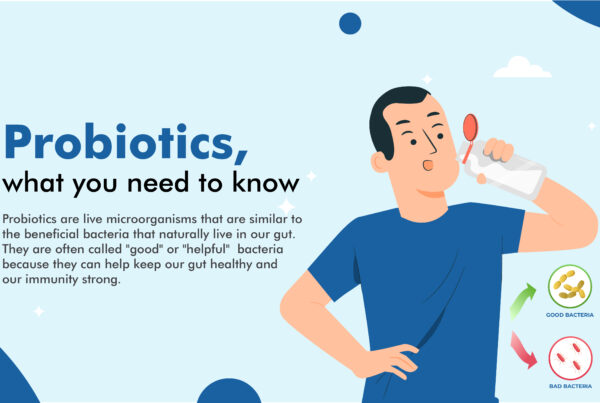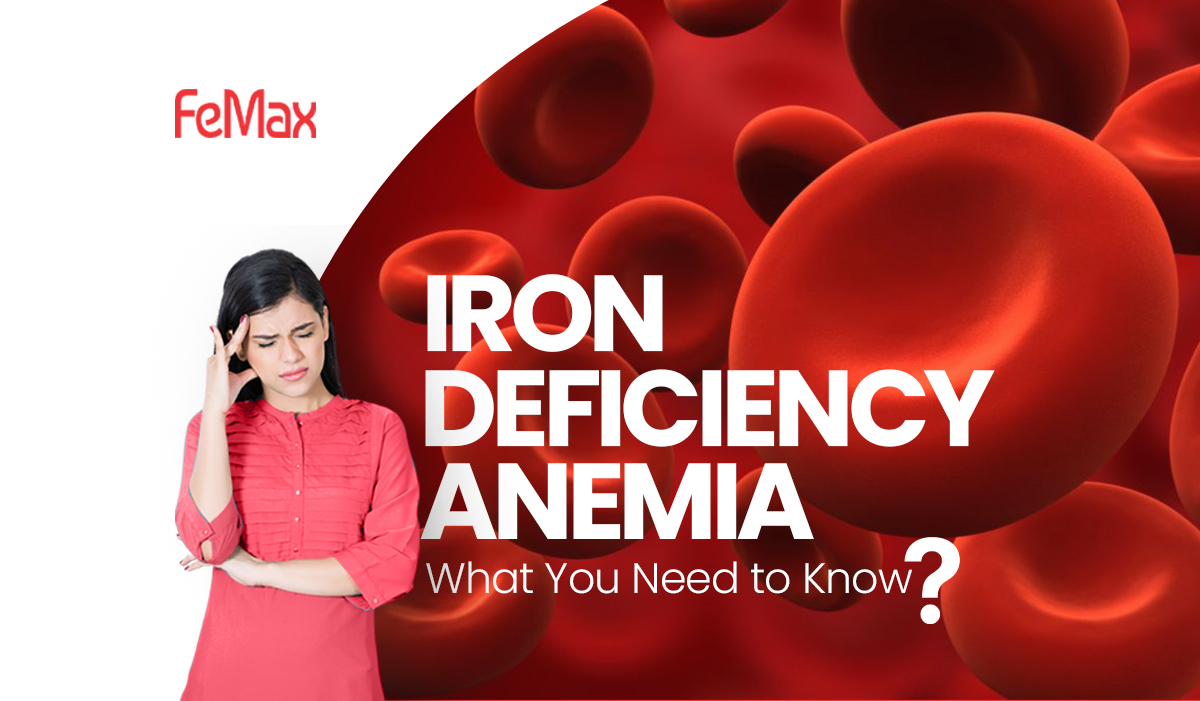
Iron deficiency is a common nutritional disorder that occurs when there is an insufficient amount of iron in the body.
It is characterized by anemia, which is a prevalent medical disorder that has a global impact, affecting a substantial number of individuals.
It can make people feel tired and weak. This is because iron is important for making red blood cells, which carry oxygen to the body’s tissues.
In this guide, we will learn about the causes, symptoms, treatment, and prevention of Iron Deficiency Anemia.
What is Iron Deficiency Anemia?
Iron Deficiency Anemia, often referred to as IDA, is a medical condition characterized by a shortage of red blood cells in the body due to insufficient iron.
Hemoglobin, a protein in red blood cells, requires iron to transport oxygen from the lungs to the rest of the body. When the body lacks adequate iron, it can’t produce enough healthy red blood cells, leading to anemia.
The Role of Iron in the Body
To understand IDA better, let’s delve into the crucial role of iron in the human body.
Iron is a vital component in the production of hemoglobin, which is responsible for carrying oxygen to every cell. When your iron levels are low, your body can’t generate sufficient hemoglobin, leading to oxygen deprivation and fatigue.
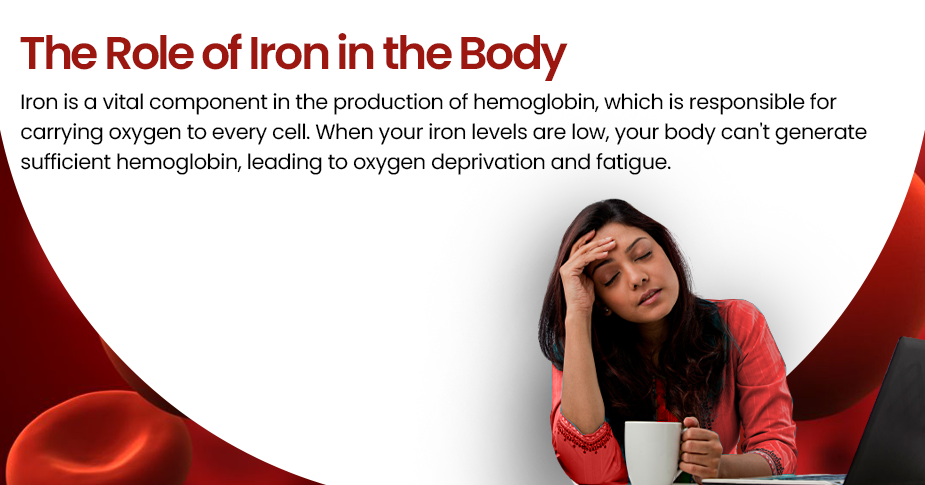
Recognizing the Symptoms
Iron Deficiency Anemia can be a silent intruder, with symptoms that might go unnoticed for a long time.
Here are some common signs to watch out for:
- Fatigue: An overwhelming sense of tiredness and weakness, even after a good night’s sleep.
- Pale Skin: A noticeable paleness in the skin, often accompanied by a lack of color in the gums and the inside of the lower eyelids.
- Feeling out of breath often or constantly, particularly while exercising.
- Headaches: Frequent and persistent headaches.
- An unusual feeling of coldness in the limbs, such as the hands and feet.
- Brittle Nails: Nails that become brittle and fragile.
- A strange need for non-nutritive substances, such as ice, chalk, or clay.
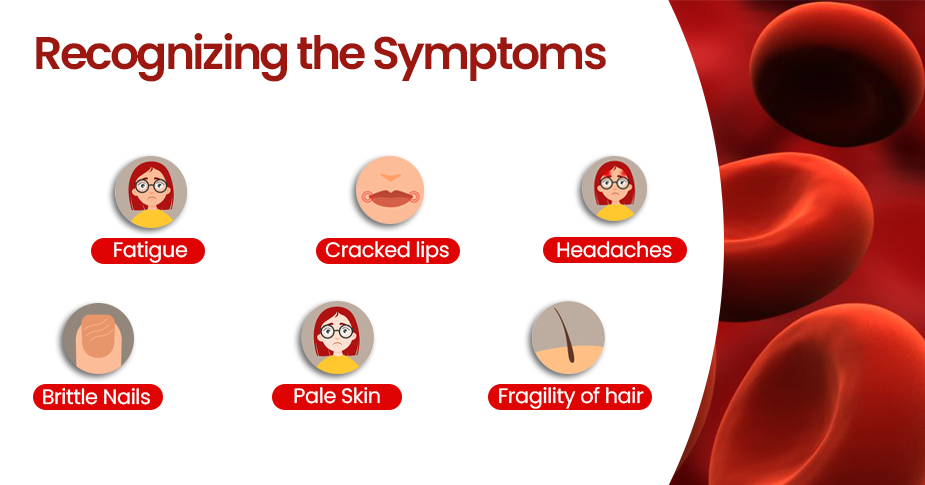
The Causes of Iron Deficiency Anemia
Understanding the root causes of IDA is crucial for effective management. Iron deficiency may result from many factors:
Inadequate Dietary Intake
A diet lacking in iron-rich foods such as red meat, leafy greens, and fortified cereals can contribute to iron deficiency.
Blood Loss
Blood loss due to heavy menstrual periods, internal bleeding, or gastrointestinal conditions can deplete iron stores in the body.
Poor Iron Absorption
Certain medical conditions like celiac disease or inflammatory bowel disease can impair the body’s ability to absorb iron from food.
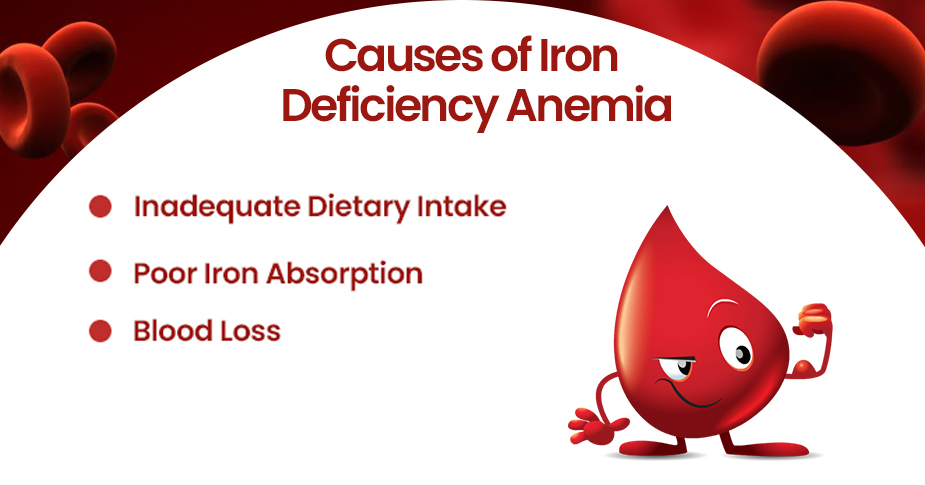
Diagnosis and Treatment
If you suspect you have Iron Deficiency Anemia, it’s essential to consult a healthcare professional for a proper diagnosis.
A blood test can determine your iron levels and the severity of your condition.
Treatment Options
Iron deficiency anemia is often treated with:
- Iron Supplements: Your doctor may recommend iron supplements to boost your iron levels.
- Dietary Changes: Increasing your intake of iron-rich foods can help maintain healthy iron levels.
- Treating the Underlying Cause: Addressing any underlying medical conditions contributing to your anemia.
Features Benefits of FeMax Sachet – Iron Supplement
- FeMax® is the first Iron brand in Pakistan which is completely water soluble with the additional benefit of folic acid and vitamin C.
- Management of Iron Deficiency Anemia (IDA) especially during pregnancy and lactation
- A safe and effective form of iron supplement that is sugar-free.
- No metallic taste
- No or less digestive disturbance
- 3.7 times better absorption than ferrous sulfate
- Meet the Recommended daily allowance (RDA), or daily requirement in one sachet.
- Delicious Apple flavor and sugar-free.
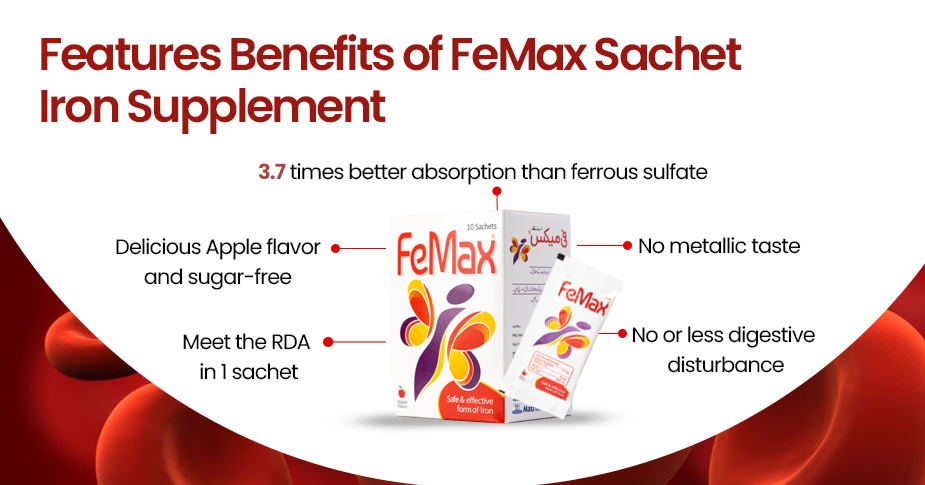
Prevention is Key
Preventing Iron Deficiency Anemia is often more manageable than treating it.
Here are some tips to keep your iron levels in check:
- Maintain a balanced diet with plenty of iron-rich foods.
- If you have heavy menstrual periods, speak to your doctor about possible treatments.
- Consider iron supplementation if you are at risk or have a diagnosed deficiency.
For more information about Iron Deficiency Anemia, please watch our message from Prof. Dr. Jahan Ara Hassan on Iron Deficiency Anemia.
FAQs
1. What are the most common causes of Iron Deficiency Anemia?
Iron Deficiency Anemia is primarily caused by inadequate dietary intake, blood loss, and poor iron absorption.
2. Are there any foods that can help prevent Iron Deficiency Anemia?
Yes, foods like red meat, beans, leafy greens, and fortified cereals are excellent sources of dietary iron.
3. How long does it take to see improvement with iron supplementation?
The time it takes to see improvement with iron supplementation varies from person to person but may take a few weeks to a couple of months.
4. Can Iron Deficiency Anemia lead to more severe health issues?
Untreated or severe Iron Deficiency Anemia can lead to complications such as heart problems, developmental delays in children, and increased susceptibility to infections.
5. Is Iron Deficiency Anemia common?
Yes, Iron Deficiency Anemia is one of the most prevalent nutritional disorders worldwide.
Conclusion
Iron Deficiency Anemia is a condition that affects many, but it’s manageable and treatable. By recognizing the symptoms, understanding the causes, and taking preventive measures, you can unlock a world of vitality and well-being.
If you suspect you have Iron Deficiency Anemia, consult a healthcare professional and take the first step towards a healthier, more energetic you.
Remember, your health is your most valuable asset. Don’t let Iron Deficiency Anemia hold you back from living your life to the fullest. Act today and take control of your health.
References:
https://www.ncbi.nlm.nih.gov/books/NBK448065/
https://www.nhlbi.nih.gov/health/anemia/iron-deficiency-anemia
Ref, journal of Parental Medicine 2015; 9 (½)

